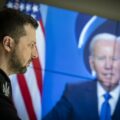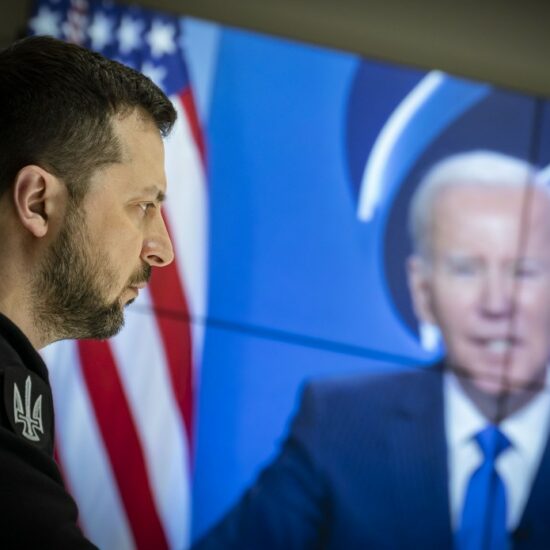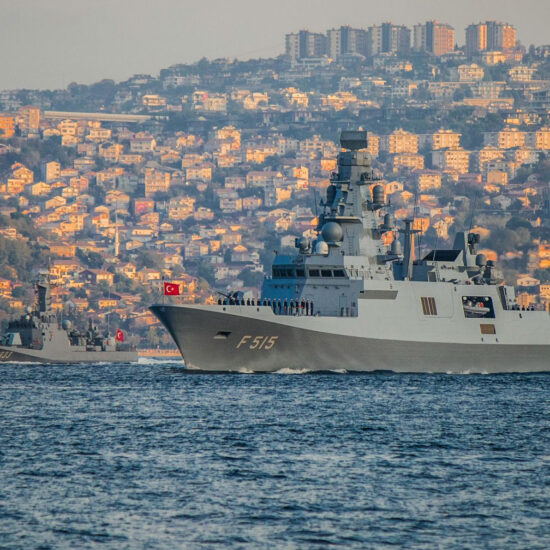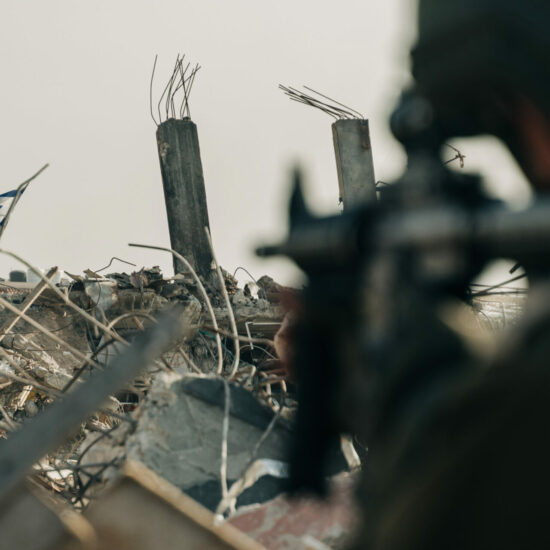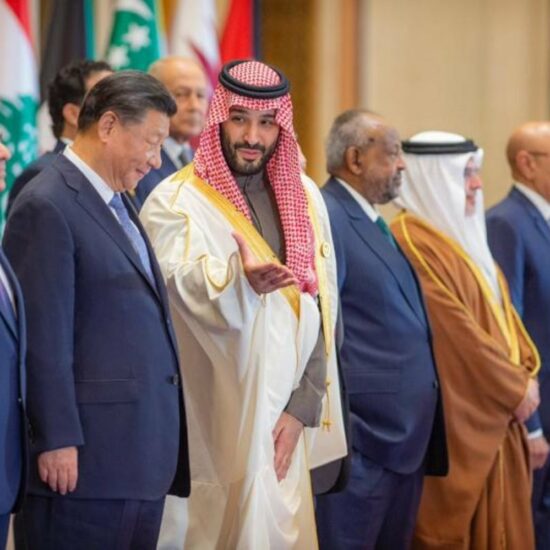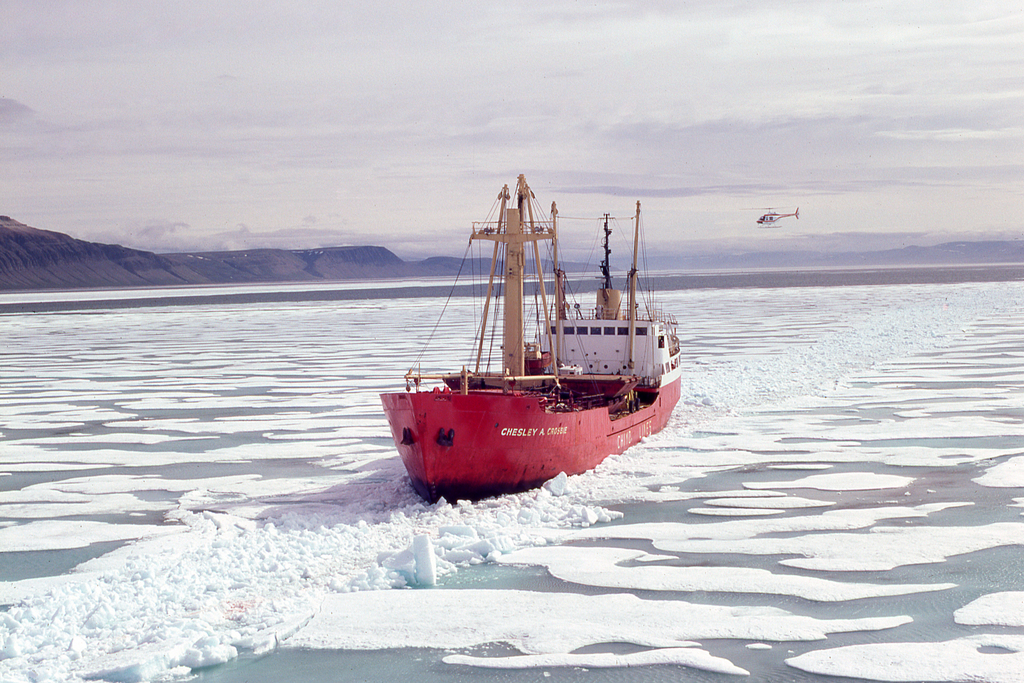
This article is meant to accompany our in-depth analysis ‘Rethinking Nuclear Arms Control For A Multipolar World,’ by Arta Moeini and Alexandra Slobodov, published October 23, 2020. Explore our writings on this subject matter here.
New START, the last remaining US-Russia bilateral nuclear arms reduction agreement, is set to expire on February 5, 2021. That would give President-elect Joe Biden just 16 days to approve the agreement’s extension after his inauguration. As the last such agreement, it effectively prevents a renewed arms race between the world’s two biggest nuclear powers which together hold 12,175 nuclear warheads. It also works to prevent the further militarization of the Arctic–a region that served a critical role as a frontier of deterrence against the threat of a Soviet nuclear missile strike during the Cold War.
The fear of a nuclear attack coming over the North Pole led Canada to become geopolitically wedged in the middle of a Cold War rivalry between the US and the Soviet Union. Its vast Arctic territory became inextricably linked to top US policy priorities–ensuring American security meant maintaining Canadian sovereignty in the North. During this era, the two established the North American Aerospace Defense Command (NORAD), a joint US-Canadian aerospace defence system, as well as a series of extensive radar lines running across Canada tasked with detecting incoming missiles. At the same time, Canada established a high Arctic intercept post in Alert, Nunavut–located so far North that it was closer to Moscow than to Ottawa.
As the US was now actively participating in Canada’s defence, this posed newfound complications for Canada’s sovereignty in the territory, compounded by the fact that the US had not signed the United Nations Convention on the Law of the Sea designating the 200 nautical miles off of a state’s coastline as its exclusive economic zone. This meant that the US did not–and still does not–legally recognize Canada’s claims on the Northwest Passage. While the Passage was not of strategic importance during the Cold War, the rapid effects of climate change have caused Arctic ice to melt and open up the previously frozen route. Such developments have recently brought the region into the international spotlight, with even non-Arctic states such as China now building ports in the region as part of its planned “Polar Silk Road.” A renewed arms race, combined with potential territorial disputes over the Northwest Passage, would add an additional layer of insecurity to a region already experiencing a significant geopolitical shift.
Furthermore, were the New START agreement not to be renewed in time, it would run the risk of leaving the US and Russia in an unrestrained nuclear race with China, which has so far refrained from agreeing to any nuclear arms limitation deals. China has consistently maintained that a trilateral nuclear arms agreement would be illogical given that its arsenal is much smaller in size compared to the US and Russia. As such, New START’s expiration could effectively leave the US in a no-holds-barred race with two – rather than one–nuclear powers. This would almost certainly entail a scaled-up military presence in Canada’s North, thus exacerbating already complicated issues surrounding Canada’s sovereignty in the region.
Renewing New START and developing its successor, a START 3.0, would provide an opportunity to also establish a nuclear-free zone in the Arctic to ensure that the area remains open and safe for international shipping, commercial traffic, tourism and scientific research.
The astronomic costs of a new arms race between the US, Russia, China and potentially other countries jockeying for an advantage would necessitate the diversion of already-scarce funds away from other pressing issues, such as the COVID-19 pandemic, climate change and the ongoing economic crisis.
Establishing the Arctic as a nuclear-free zone serves as one critical facet of a START 3.0. However, the new arms control agreement should ban all tactical nuclear weapons, reaffirm the right of each sovereign state to conventional weapons, include a commitment to a no-first-use policy, and continue to place strict limits on strategic nuclear weapons.
To learn more about policy recommendations for a START 3.0, please refer to our “Rethinking Nuclear Arms Control For A Multipolar World” policy briefing.

